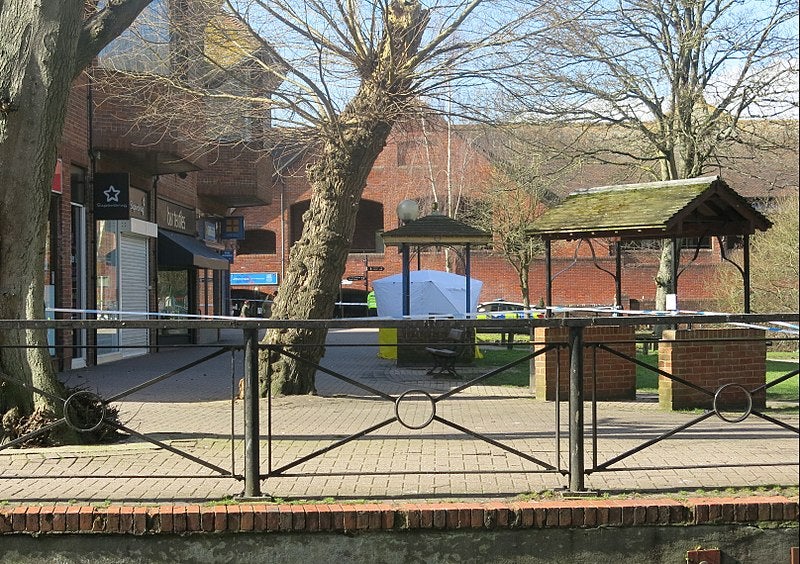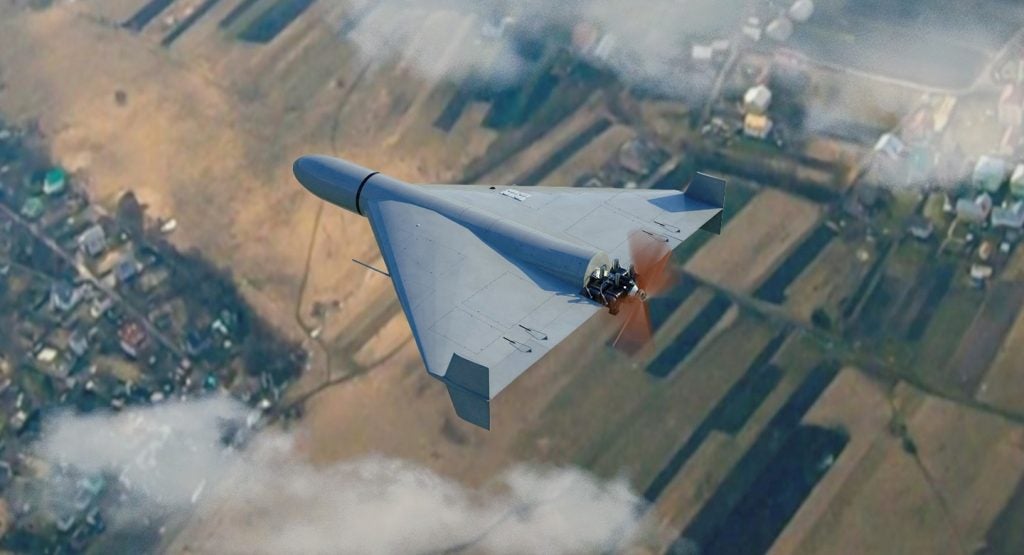
UK Defence Secretary Gavin Williamson has announced additional funding of £11m to strengthen the country’s defences to the growing strategic threat of chemical attacks.
The funding is in addition to £48m assigned last year for the development of a new Chemical Weapons Defence Centre.
Some of the measures revealed by Williamson include fielding of drones and robots to quickly detect threats in potentially hazardous areas, new technical capabilities to analyse potential origins of substances and effectively fight the effects of chemical agents.
Williamson said: “After the Novichok attack in Salisbury a year ago, the nation turned to the armed forces and expert scientists. From the investigation to the clean-up, the military and everyone involved in the operation have worked tirelessly to decontaminate the streets of Salisbury.
“Britain and its allies have also demonstrated that they will take a stand against the use of chemical weapons, from the sanctions enforced on Russia following the reckless use of Novichok to the strikes against the chemicals used by the Syrian regime.
“We recognise we need resilience to face evolving threats, which is why we have invested £11m into ensuring we have a world-leading capability.”
How well do you really know your competitors?
Access the most comprehensive Company Profiles on the market, powered by GlobalData. Save hours of research. Gain competitive edge.

Thank you!
Your download email will arrive shortly
Not ready to buy yet? Download a free sample
We are confident about the unique quality of our Company Profiles. However, we want you to make the most beneficial decision for your business, so we offer a free sample that you can download by submitting the below form
By GlobalDataFunding will be used to invest in chemical attacks programmes and capabilities that will directly support the Defence Science and Technology Laboratory (DSTL) scientists and the British Armed Forces to improve public safety.
Over the coming years, the development of unmanned vehicles will be ramped up to perform more testing and identification of nerve agents.
Furthermore, the additional financing will help deliver improvements to counter radiological and nuclear threats and decontamination and recovery of vehicles and assets quickly.
In September, a fleet of lifesaving robots and drones designed to help detect harmful chemical agents were tested under the DSTL-led Project Minerva.
On 4 March 2018, former Russian spy Sergei Skripal and his daughter Yulia were targeted with the Novichok nerve agent attack in Salisbury, UK. Both of them survived the attack.
Military personnel spent more than 13,000 hours on the clean-up to declare Salisbury free from the nerve agent, according to media sources.
The British Armes Forces joined the US and French partners to strike many weapon facilities after reports confirmed last year the use of chemical agents by the Syrian regime to attack its own people.







